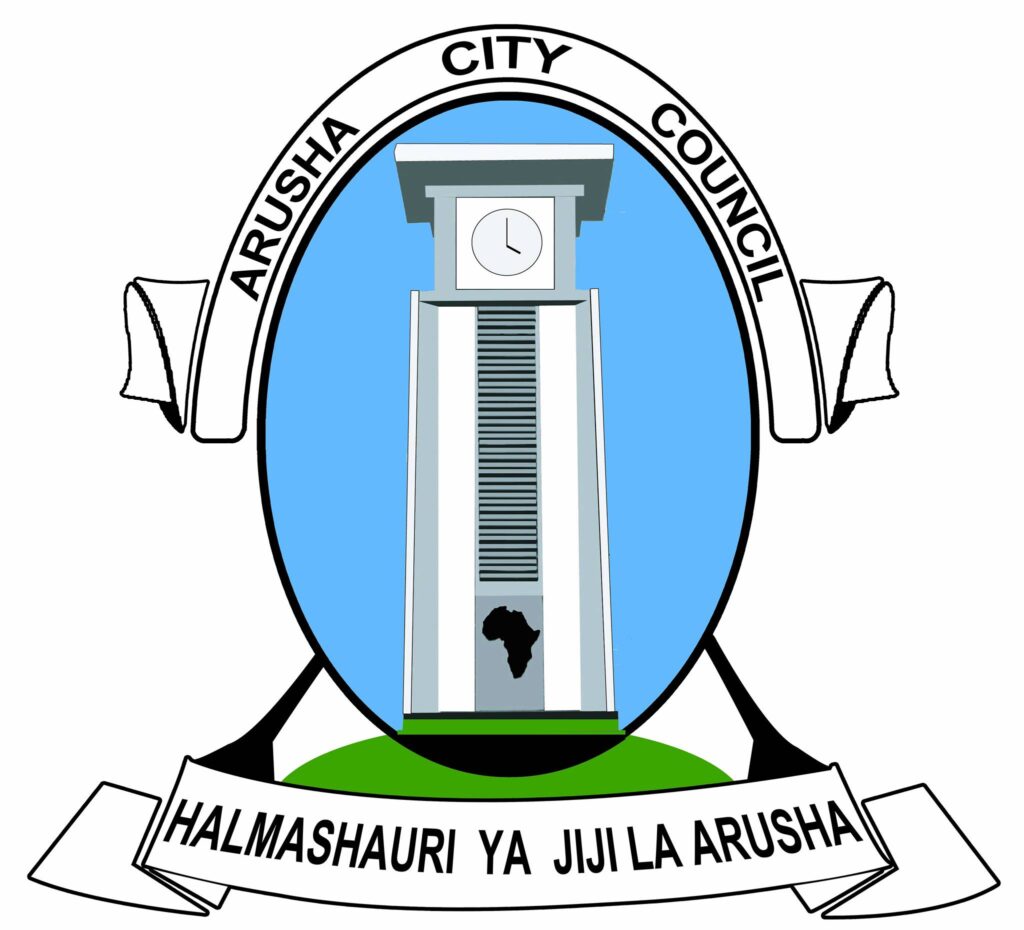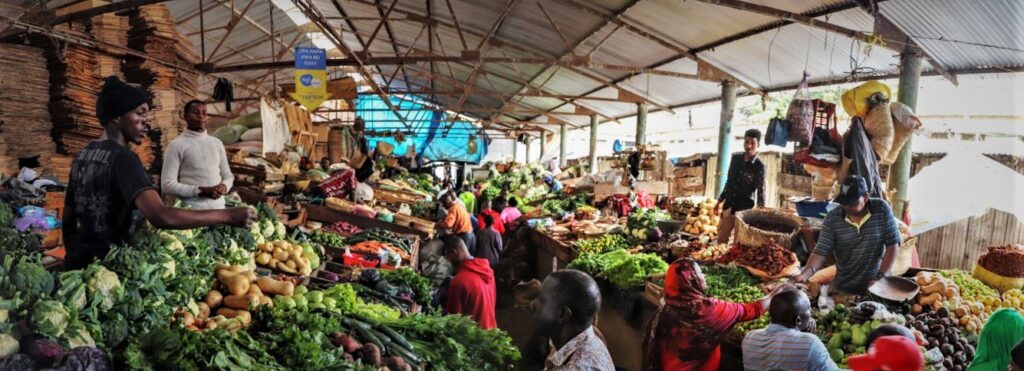Arusha
Learn more about Arusha's food system below
City overview
Arusha City Council, with an area of 272 square kilometers, has a population of 617,631 according to the 2022 census. The city is home to five main ethnic groups, including the Maasai, Pare, Iraq, Meru, and Chaga. Situated on the southern slopes of Mount Meru, the city’s soil is volcanic in origin, and its economy relies on commerce, manufacturing industries, gemstone mining, small-scale agriculture, trade and business services, transport, construction, and the informal sector.
However, Arusha faces challenges in its food system, leading to food and nutrition insecurity. These challenges include low profitability for producers, limited availability of fresh and nutritious food, increased environmental pressure, and low capacity among food actors. To address these issues, Arusha City Council is coordinating a multistakeholder platform and implementing various actions. These actions include developing food pathways for governance, promoting good agricultural practices, raising awareness of sustainable food systems, sensitising consumers about food safety, supporting youth agrifood entrepreneurs, and facilitating linkages between farmers and market vendors for safe and accessible food. These initiatives aim to transform the food systems in Arusha and improve food security and nutrition.


Challenges
Food and nutrition insecurity
Access to healthy and affordable food
Food safety
Achievements
Multi-stakeholder governance
Market management
School feeding programme challenges
What challenges can AfriFOODlinks support with?
● Inclusion of informal food actors in multi-stakeholder processes. The current platform lacks the involvement of the informal food actors who are the main targeted beneficiaries. Effective way to include them in the conversations around food systems is seen as a challenge as they may not be quite interested or rather aware of food systems however their voices have to be heard and incorporated in decision making
● Development of a food strategy or a food policy. The existing food pathways are a starting step to developing a food strategy or policy. However, we lack the technical capacity to do this.
● Networking with different cities on how they develop and implement food strategy and policies in an African context
.
